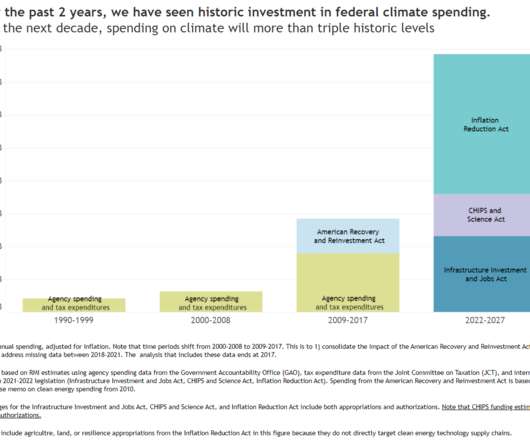The 25 most sustainable private companies in the world
Corporate Knights
APRIL 21, 2025
Last year, it attracted $575 million in investments to help it roll out its decarbonization plan and announced that all new customers will be powered by 100% renewable energy. The company says it has already shrunk its total climate footprint by 22% compared to 2016 with half those reductions made in the last year alone.












Let's personalize your content